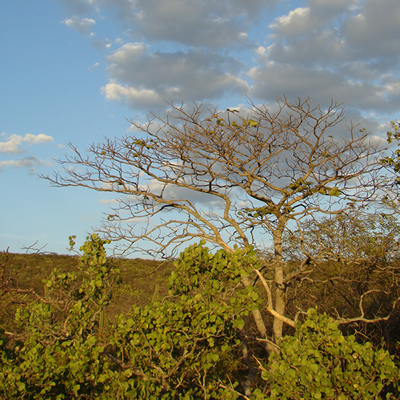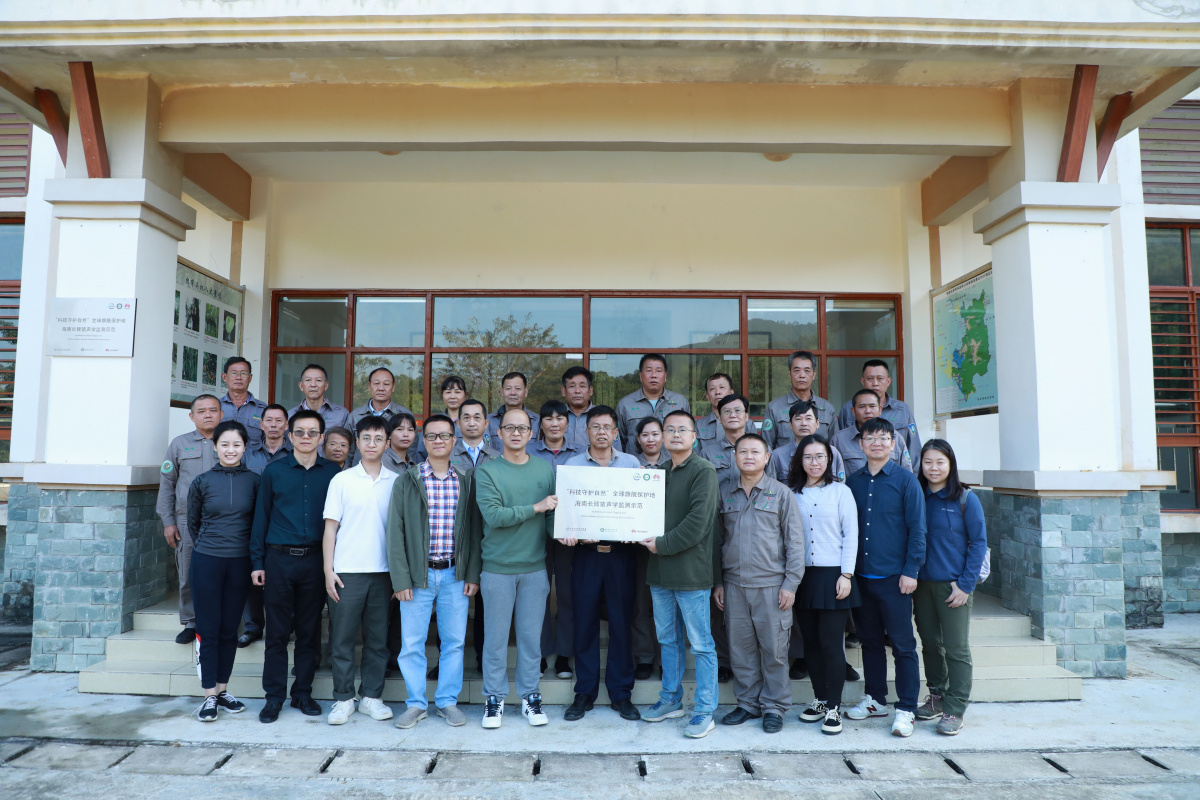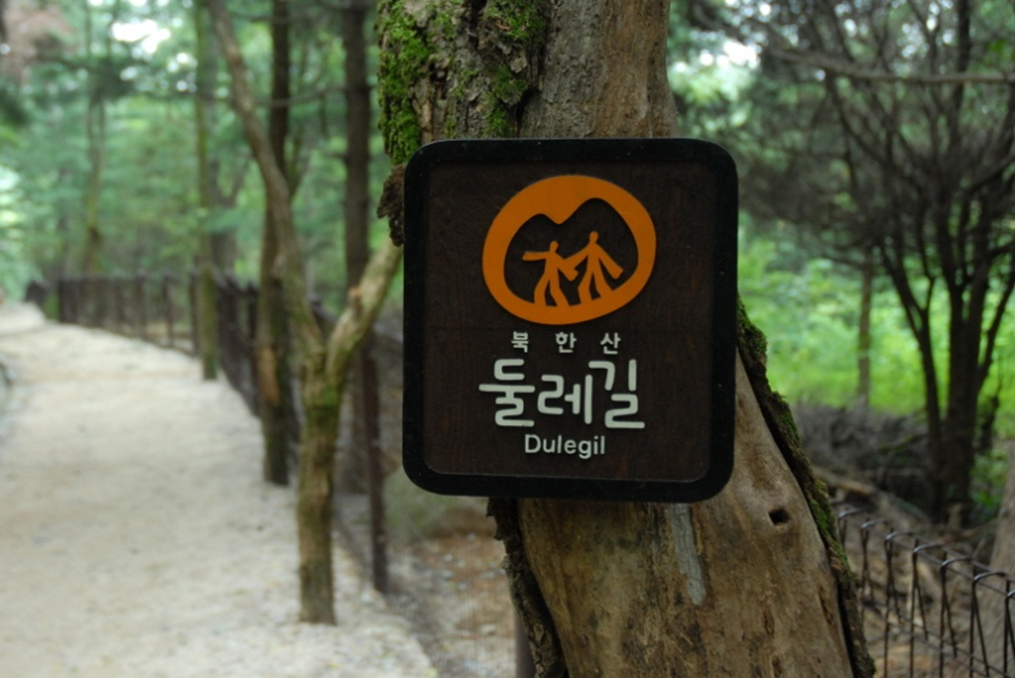Make sure the poor don’t miss out on REDD, says IUCN
Governments need to put more attention and resources into making sure vulnerable people get their fair share of benefits from REDD (Reducing Emissions from Deforestation and Forest Degradation), according to IUCN.

Photo: Freddy Chávez, Nativa 2010
A new analysis by IUCN of 17 countries that have submitted budget proposals to the World Bank shows that they are to invest triple the amount of money in measuring and reporting on the carbon in forests than on national capacity building and consulting with local people.
Vulnerable groups, such as women, indigenous people and the poor, risk being sidelined if REDD initiatives fail to adequately inform and engage them and build their capacity, according to IUCN.
“It is encouraging to see in these proposals that hundreds of millions of dollars are now being committed to REDD, but our estimates show that only $30 million or so are dedicated to training and consulting local people, compared with nearly $100 million to research on how to quantify the carbon of forests," says Stewart Maginnis, Director of IUCN’s Environment and Development Group.
In Ghana, a country which is leading the way in REDD readiness work, $3 million has been budgeted to develop a methodology for measuring, reporting and verifying the carbon in forests, and only $800,000 to training and consulting local people. Investments like this might seem significant, but a recent study by IUCN and The Forest Dialogue shows there is virtually no knowledge of what REDD entails at the local level, both among rural communities and district officials. More money is needed to make sure that the citizens of forest countries are active participants in framing a solution, IUCN says.
“If we are to see transformational land use change, then $800,000 is a rather limited investment,” says Wale Adeleke, IUCN Forest Project Facilitator in Ghana.
"Governments and donors need to get the balance right," says Consuelo Espinosa, IUCN’s Senior Forest and Climate Change Officer. "There has to be more equality between investing in the science of carbon counting and investing in the process that will actually make REDD happen, namely capacity building, consultation and participation of the rural poor. If we don't get the balance right, the people most in need of benefiting from REDD will lose out."
This “pro-poor” approach to REDD, which puts disadvantaged communities at the forefront of forest conservation, is consistent with a wider effort to foster ‘transformational change’ in the way forests are valued and managed.
Notes to editors
The new analysis is based on preliminary data of budget proposals to the World Bank’s Forest Carbon Partnership Facility (FCPF).
REDD - Reducing Emission from Deforestation and Forest Degradation - is a mechanism that is under negotiation at the United Nations Framework Convention on Climate Change (UNFCCC). The objective of REDD is to support activities that enable reductions in CO2 emissions that are caused by deforestation and forest degradation.
REDD-plus includes Reducing Emissions from Deforestation and Forest Degradation in Developing Countries and the role of conservation, sustainable management of forests and enhancement of forest carbon stocks.
The “REDD Readiness Requires Radical Reform” report looks at the need to put in place an adequate framework that will allow REDD benefits to flow efficiently to communities and land owners. More than 50 Ghanaian and international stakeholders from government, NGOs, forest communities and the private sector have been involved in preparation of the report, facilitated by The Forest Dialogue and IUCN.
Spokespeople
Stewart Maginnis, IUCN’s Director of Environment and Development Group, e. stewart.maginnis@iucn.org
Consuelo Espinosa, IUCN’s Senior Forests and Climate Change Officer, e. consuelo.espinosa@iucn.org
Jan Willem Den Besten, IUCN’s REDD Knowledge Manager, e. janwillem.denbesten@iucn.org
For more information or to set up interviews in English and Spanish, please contact:
• On site: Brian Thomson, IUCN Media Relations, t. +41 797218326, e brian.thomson@iucn.org
• Borjana Pervan, IUCN Media Relations, t. +41 798574072, e. borjana.pervan@iucn.org
• Daniel Shaw, IUCN Forest Communications Officer, t. +41 22999168, e. daniel.shaw@iucn.org
About IUCN
IUCN, International Union for Conservation of Nature, helps the world find pragmatic solutions to our most pressing environment and development challenges.
IUCN works on biodiversity, climate change, energy, human livelihoods and greening the world economy by supporting scientific research, managing field projects all over the world, and bringing governments, NGOs, the UN and companies together to develop policy, laws and best practice.



